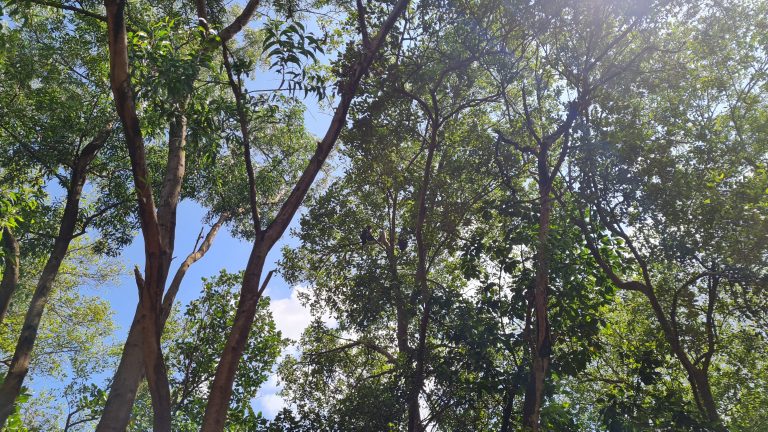
Jakarta – A comprehensive report titled Global Assessment Report on Biodiversity and Ecosystem Services 2019 by IPBES (The Intergovernmental Science-Policy Platform on Biodiversity and Ecosystem Services) found that the status of Earth’s biodiversity is now increasingly worrying. Scientists reveal that today, the earth has lost more than 80% of the biomass of mammals (consisting of mammals and primates), due to the destruction of natural ecosystems that are destroying 100 times faster than it has in the last 10 years.
Belantara Foundation Executive Director Dolly Priatna said Tuesday (31/5) that biodiversity is vital for the survival of humans and other living things now and in the future. He said, efforts to save biodiversity are not only the task of the government, but require active support from all parties, including the private sector and the community, and are carried out using a landscape approach.
“Indonesia is the second richest country in the world for terrestrial biodiversity, but combined with ocean biodiversity it can be number one. …sometimes it’s so rich, we don’t care that biodiversity is the foundation for sustainable development in Indonesia,” he said.
Meanwhile, Prof. Jatna Supriatna, Chair of I-SER FMIPA University of Indonesia revealed that the biggest issues in the world today are climate change, habitat destruction, and biodiversity. Climate change has relevance to carbon stocks and biodiversity.
“Our CO2 in the air has reached 418 ppm, and the temperature has gone up one degree Celsius,” he said, referring to a recent NOAA data that the monthly average of carbon dioxide in the atmosphere has reached the highest levels on record this past April. Supriatna said that the trend “is a big problem for Indonesia … it will most severely impact the biodiversity in our forests,”
He said that the problem was caused by climate change. Based on research in the ‘Climate Change’ journal, if climate change cannot be handled properly, then 37 percent of species will become extinct in 2050. To avoid that, Supriatna suggests behavioural change in both individuals and companies to produce carbon neutral.
Indonesian Academy of Sciences (AIPI) member and Director of the Center for Environmental Ethics Studies at the National University, Prof. Dr. Endang Sukara said that Indonesia’s biodiversity is very unique, most of them are endemic or only found in Indonesia. Advances in science and technology have revealed the economic potential of biodiversity especially for the multi-billion dollar pharmaceutical business.
“We must really realise the importance of biodiversity, (we should) not only protect it, but more importantly use it for the greatest benefit for the welfare of all Indonesian people,” he said. Furthermore, according to Sukara, political policies, investment, advances in science and technology and bioethics must be used as complete instruments to mainstream biodiversity in national development. (Hartatik)













